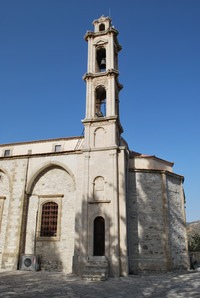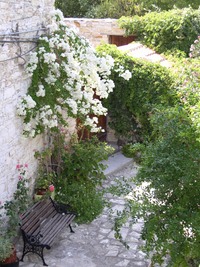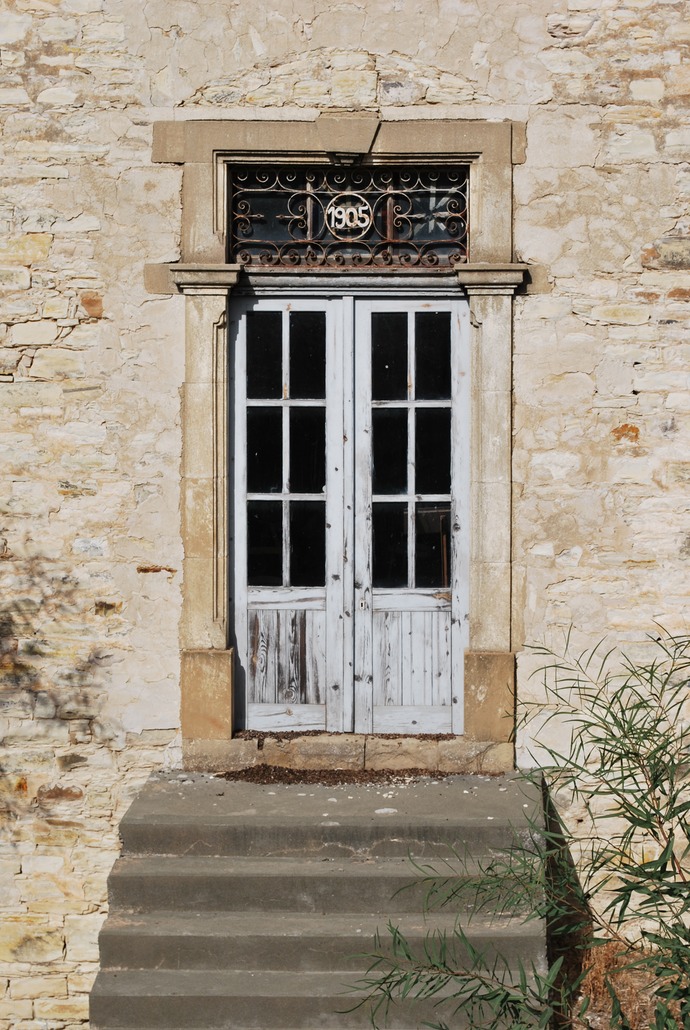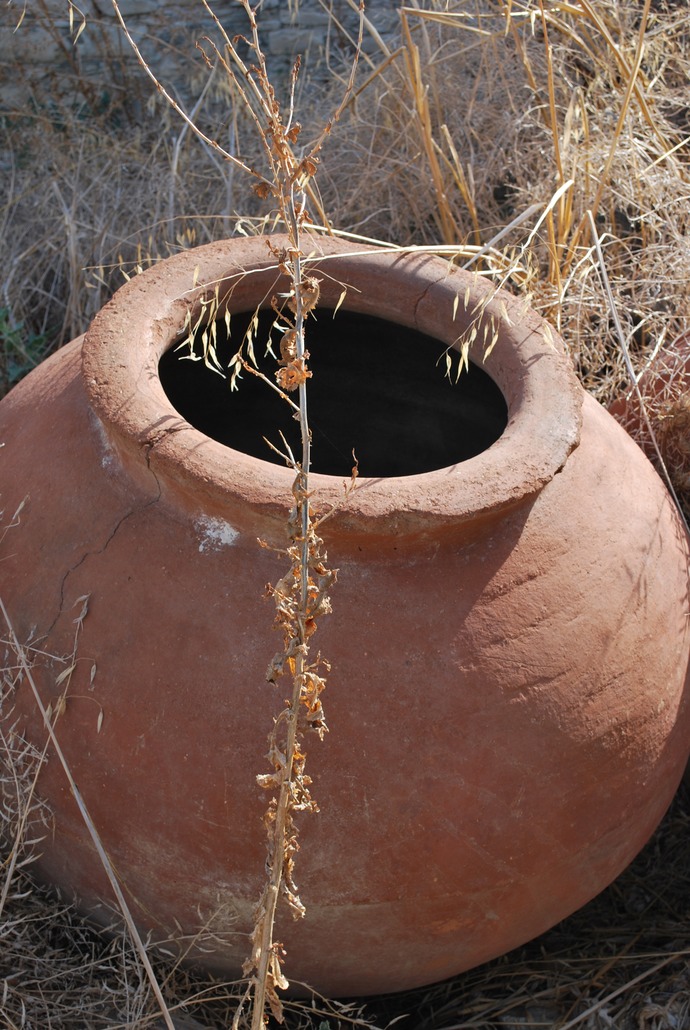Vavla is a rather small, quiet and peaceful village located in the foothills of the Troodos mountain range in the Larnaca district of Cyprus.
The history as well as the name of the village of Vavla disappears in the midst of history. It is not certain when the village was built but according to eyewitness accounts there were archaeological finds in and all around the village. Dwellings were discovered after the earth would cave in. The old people called them "caves" and avoided certain areas because the ground could randomly collapse causing injuries. They often contained amphorae and other clay containers, sometimes jewelry and coins. Occasionally human bones were present as well. Extensive looting took place and finds were sold and ultimately probably lost forever.
According to an anonymous account, Vavla was named after a certain aristocrat by the name of De Vavyla who supposedly owned the territory in the days of the occupation by the Francs in the 14th century. It is uncertain if such a person ever existed and such claims, although very romantic, are totally unfounded and probably erroneous.
Nameless hamlets surrounded Vavla but they did not withstand the test of time and would disappear almost as quickly as they appeared. Anastasis and Eleni Poli recall an olive oil mill in such a hamlet upstream (the Agios Minas river goes by the outskirts of Vavla). Also in the vicinity of "Panayia tis Agapes" (The Madonna of Love) where the small church still stands there used to be a hamlet.
Massive emigration to the UK, USA and Australia at the turn of the century took a toll on the population of Vavla, as many of those who left never returned, and their tracks have been lost. Anastasis D Polis had left Vavla in 1920 and emigrated to the USA in search for a better life. He was one of the few who ultimately returned after almost a decade. The same happened with his son Michael Polis in the 1950s who also returned after almost a decade in the UK. Others didn't, having left behind wives and in many cases children.
Today Vavla is experiencing a new renaissance as it has been declared by the government as a "preserved cultural history location" and many of the dilapidated houses are restored with historical accuracy to their original state, albeit featuring all amenities for comfortable, modern-style living.







